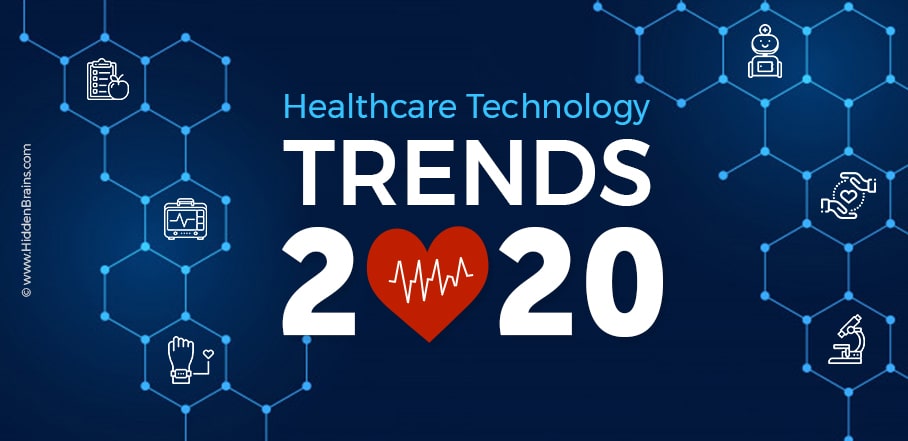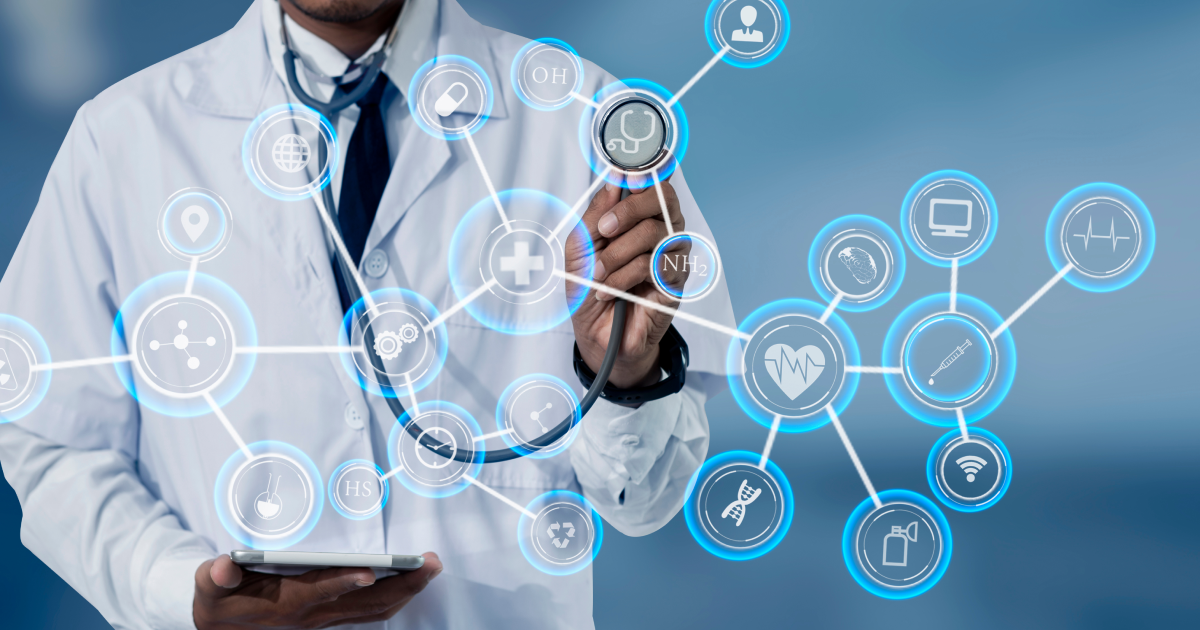The future of healthcare is shaping up in the front of our very eyes with advances in virtual healthcare technologies, such as artificial intelligence, VR/AR, 3D-printing, robotics or nanotechnology. We must familiarize with the modern-day developments to be able to be capable of control technology and no longer the other way around. The destiny of healthcare lies in working hand-in-hand with era and healthcare workers need to embrace emerging Healthcare Technologies as a way to stay relevant within the coming years.
Are you afraid that robots will take over the jobs of nurses, medical doctors and different healthcare professionals? Are you scared that synthetic intelligence will manipulate the world within more than one year? Do you’ve got nightmares about virtual reality addicted kids and adults going for walks around in their non-existent dream global? Are you anxious to have a genetic take a look at because it would monitor the day of your death?
These are all half-truths, fake news and other imaginary dystopias. In a more elegant way: alternative facts approximately the destiny of medicine. However, these all have one component in common: the fear about the unknown vicinity called future and what it would carry upon us.
Read more: What is the success rate of a Hair Transplant?
But irrespective of how horrifying the destiny would possibly seem at the moment, we can’t prevent technological development; and subsequently we will find out that entire regions of our lives have been transformed through numerous virtual technologies. Thus, our venture in the intervening time is to stand our fears about the destiny with courage; to turn to technologies with an open thought and to put together for the changing international with as much know-how as possible.
I in reality agree with that that is the most effective way forward. Technology can handiest useful resource and improve our lives if we stand on its shoulder and if we’re always (at least) steps in advance of it. But if we adhere to this rule, the cooperation among people and generation may want to end result in notable achievements.
[penci_related_posts title=”You Might Be Interested In” number=”4″ style=”grid” align=”none” displayby=”recent_posts” orderby=”random”]
In medicine and healthcare, virtual technology should help rework unsustainable healthcare structures into sustainable ones, equalize the connection among medical specialists and patients, offer cheaper, quicker and greater effective answers for diseases – technologies may want to win the struggle for us towards cancer, AIDS or Ebola – and could sincerely cause healthier individuals residing in more healthy communities.
But as the pronouncing goes, one must be a master of his personal house, so it’s miles well worth starting “the future” with the betterment of our own fitness through digital technologies, as properly as converting our own attitude in the direction of the concept of fitness as such and in the direction of medicine and healthcare.
And what does it all seem like in practice? To serve as an introduction, this newsletter will explore 10 ways wherein medical generation is reshaping healthcare. For extra in-depth evaluation and similarly examples, I invite you to check the e book I wrote titled The Guide to the Future of Medicine.
Read more: Is corona virus danger to Asthma people
I believe that artificial intelligence has the potential to remodel healthcare completely. AI algorithms are able to mine scientific records, design remedy plans or create capsules manner quicker than any present-day actor at the healthcare palette which includes any scientific professional.
Atomise makes use of supercomputers that root out treatments from a database of molecular structures. In 2015, the start-up launched a virtual search for safe, existing medicines that might be redesigned to deal with the Ebola virus. They found tablets expected with the aid of the company’s AI generation which can also significantly reduce Ebola infectivity.
More recently, Google’s Deep Mind created an A.I. For breast most cancers analysis. The algorithm outperformed all human radiologists on pre-selected statistics sets to perceive breast cancer, on average via 11.5%!
These are simplest of the various examples of groups the usage of A.I. To strengthen healthcare from designing new capsules to disrupting medical imaging to mining medical records. We’ve collected our favourite examples in a recent article. With these kinds of tangible examples, imagine what horizons might open for humanity if early usage of AI results in such awesome discoveries!




